When something new happens, we are forced to look at the world with different eyes, and to a certain extent forget the old ways. It’s always difficult to change our lifestyle or, for that matter, our life altogether. Needless to say, some changes can bring benefits. Although, even going through a positive change can be painful — and fatal at times. How is coronavirus going to change our lives and our society?
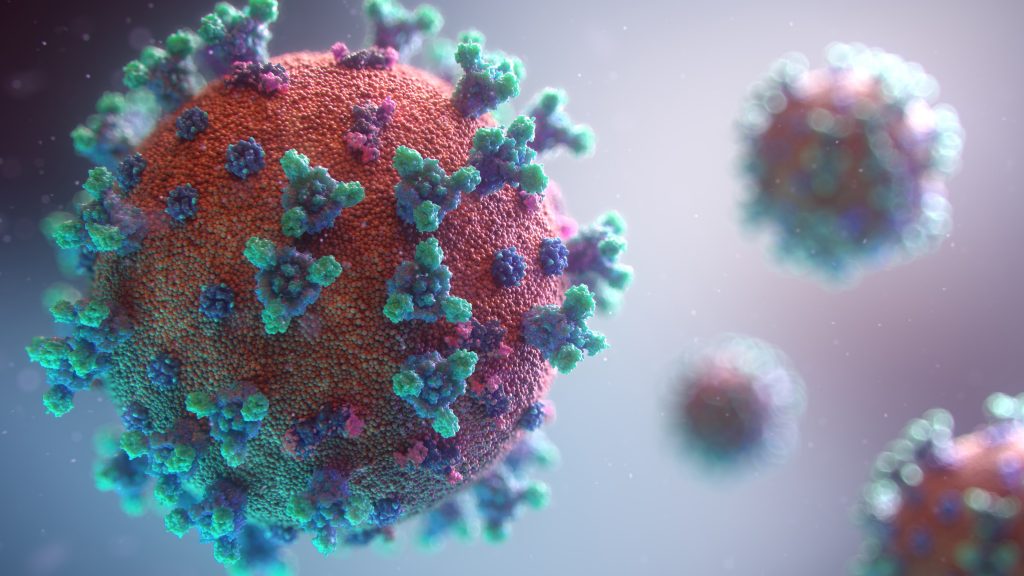
Photo by Maria Oswalt on Unsplash
Traumatic events at the individual level are susceptible to occur at all times. A break-up, the departure of a friend, the death of a loved one. But when sudden changes occur to us as a society, they require a collective elaboration, which is already in itself a novelty. We live in a frantic world, driven by the imperative of personal success and money-making, we are embedded into a fantasy of eternal youth, and the illusion of technology as the ultimate exorcism of death — our greatest fear.
Re-thinking our society as a whole is not something we are accustomed to. Can we put into question our value scale? Can we question individualism, egoism, narcissism, personal success, fantasies of an endless life? The coronavirus is challenging our health and our health care systems, but most importantly is shaking from the roots our conviction that we are untouchable. We know deep inside that this is not the case. But we nonetheless live in the illusion of it.
Italian Windows
Sometimes, we face new problems in the old ways. Italy is the first western country that has been locked down and become a red zone. Everyone is forced to stay inside in a situation that is dramatic from all perspectives, to say the least. But Italians resorted to what they know better. Singing. Like in a nineteenth-century opera, the closer characters come to death, the louder and more passionately they sing.
Italians invented opera for a reason
Videos of people singing at the window and flash mobs of people singing together from their balconies are going viral over the internet. In fact, there is already some sort of organization behind it. Saturday at 6pm they sang Paolo Conte’s Azzurro, Sunday it was the turn of Rino Gaetano’s Il cielo è sempre più blu. Last Friday it was the turn of the Italian anthem. It’s not by chance that Italians have invented opera and that, still nowadays, the language of classical music everywhere is Italian.
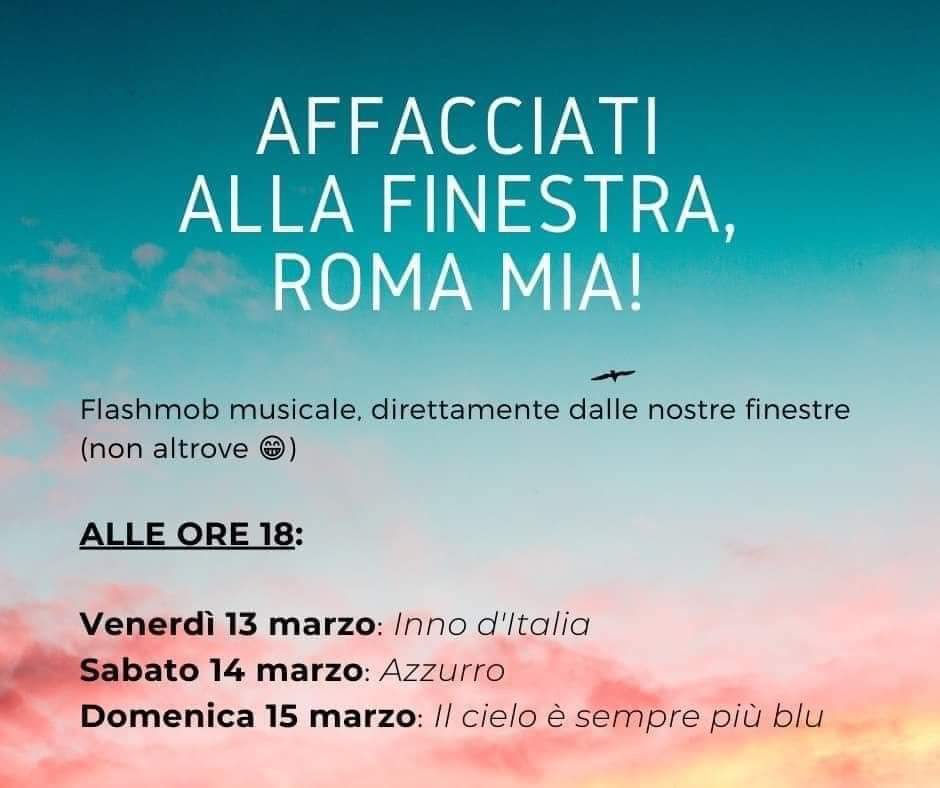
Italian economy and national health care are under great stress. Yet, Italians sing. Because singing is a way to connect to other people, right when they are told to keep at a distance. Italians social life hinges around hugging and kissing — in a way that Germans might feel uncomfortable visiting the belpaese even in normal times. But if hugging is taken away, Italian culture is shaken at its roots. Sound waves are the simplest and most effective way to keep in touch. From window to window, from balcony to balcony, an invisible (but audible) social web is created.
Photo by camilo jimenez on Unsplash
Social Media after the Coronavirus
That raises our next question. When this whole madness is going to be over — because it’s going to be over at some point — are we going to be more or less social? We live in times of social networking. Social media were created to facilitate human interaction but they have come to replace it. Two different outcomes are now possible.
The Decline of Social Media
After a forced quarantine and segregation from other human beings, we realize how much we miss them after all. We won’t be able to stand anything else between us and our friends. Personal and face-to-face contact will gain back the ground lost during the social media era. Nobody will want to be using Facebook, Twitter, Instagram again after this madness. In fact, social media will be regarded as unsuitable social behaviors, the same way to go out today with stinking cloths.
Photo by NeONBRAND on Unsplash
Is this the end of human interaction as we know it?
The other option is that we will lose our social skills. Some humans voluntarily prolong their quarantine even after the lift of the restrictions. Will laziness and antisocial behaviors prevail to the advantage of Facebook and Tik Tok? In other words, is there a chance that the majority of us will become somewhat sociopaths? After all, even courting has gone online; and the old-fashion flirting is considered awkward somewhere.
Maybe different people will react differently. Some will throw their smartphones away and embrace life. Some will never leave their homes even after the end of coronavirus. But the question is not simply how a single individual will respond to a new scenario, but how will respond as a society. What direction will prevail in our society from a cultural standpoint and become more or less acceptable? For now, let’s let Italians sing and consider our options. We might want to join the song later.
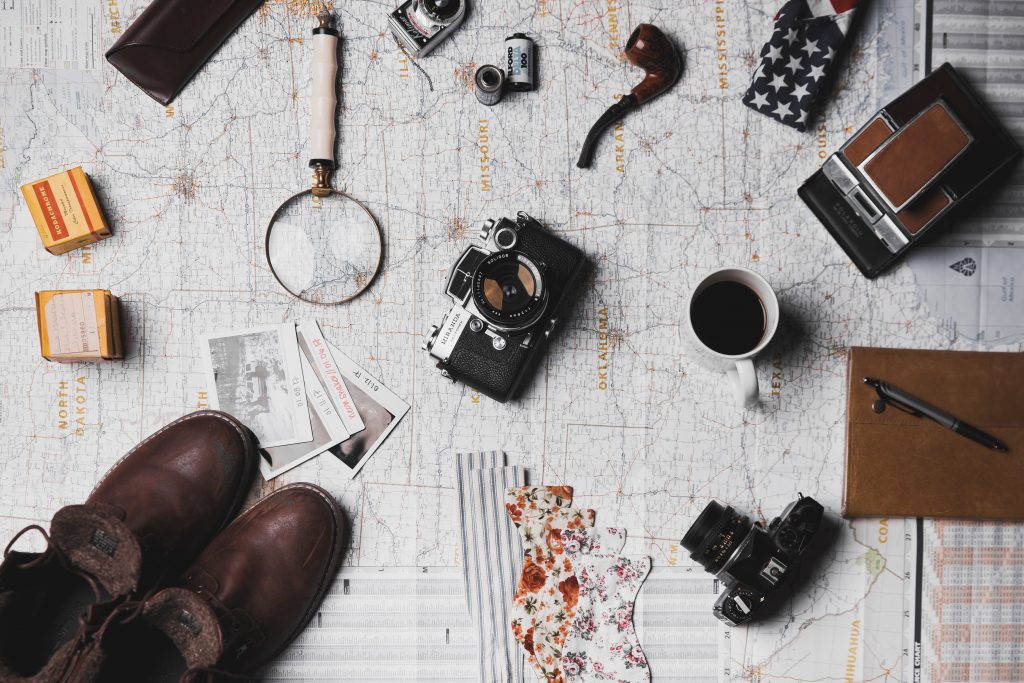
Photo by ian dooley on Unsplash
Travel Industry at the Time of Coronavirus
From the answer to that question, another one might arise. One that is crucial to the travel industry at the time of Coronavirus. Are people going to travel more or travel less after the coronavirus? Much will depend on the money in their pocket. The covid-19 will bring down a lot travel agencies as the coronavirus and the whole world economy is impacted.
Traveling VS staying home
What’s going to happen afterward will depend on the state of the economy, on the perception of destinations’ safety, and the anthropological and cultural changes that the coronavirus might leave behind its passage. While Italians sing at the window, each one of us will have to decide at some point, whether or not we should leave the safety of our home and venture into the uncertainty of the world outside. It will all depend on where the subtle balance between our fear of death and our innate curiosity of the new will tilt.
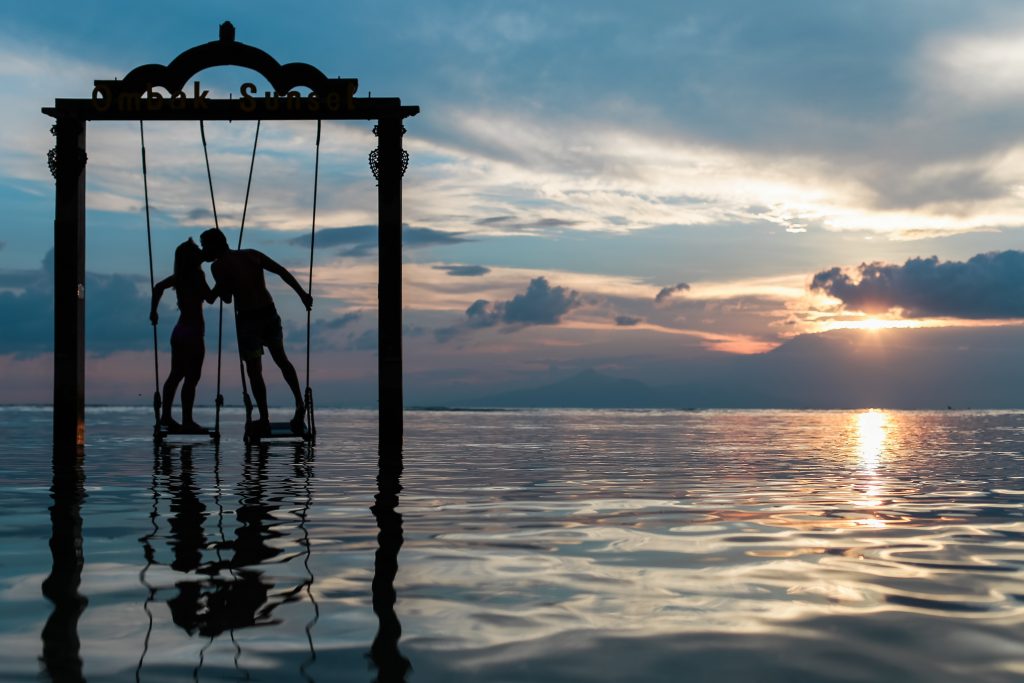
Photo by Azrul Aziz on Unsplash
Sex and Love at the Time of Coronavirus
Dante Alighieri’s in the fourteenth century spoke of the “Love (that) moves the sun and the other stars” (Paradiso 33, 145). According to the Song of Solomon in the Bible “Love is strong as death”. If love can move the sun and make the universe spin, then love can also push our asses outside our houses again. And that’s our greatest hope. Some couples might think they already happy with what they have. And in fact, they are now enjoying the comforts and pleasures of their love nest with a partner.
But a friend of mine sent me a text that made me think. It contained a very interesting question: in nine months will there be more newborn babies or more break-ups? Her answer was: both. At any rate, love will kick in soon and push us outside our comfort zone as it has always done, regardless of our romantic status. So whether you are single, couple, triple, or something else, the sooner the coronavirus is over, the sooner you sex and love life will bloom again like cherry trees when spring comes.
Photo by Zach Vessels on Unsplash
Socialized medicine at the time of Covid-19?
It took just a few weeks, if not days, for the coronavirus to reveal the limits of our capitalistic way of life, with its fairytales of freedom of choice applied to public health care. In the United States, a test is free but it could cost up to $3,000 if you turn out not to be sick. What unemployed person would try it? How would the private health care system be able to address the menace of pandemic contagion? Italy and other European countries have a public health care system that has worked great so far, and it’s a hope for the future.
The restrictions put in place all countries in order to buy time to increase the number of ventilators and intensive care beds have come to a great cost. The question is: what’s going to happen once this mess is over? In the light of the past days’ event, one wonders if Donald Trump has regretted for a moment having dismantled Obama care. One doubt might assail those who will survive the coronavirus: Does it make sense, in a civilized society, to subject the health care to the laws of the market and the sought of profits at all costs? After the coronavirus, there will be a discussion again over this.
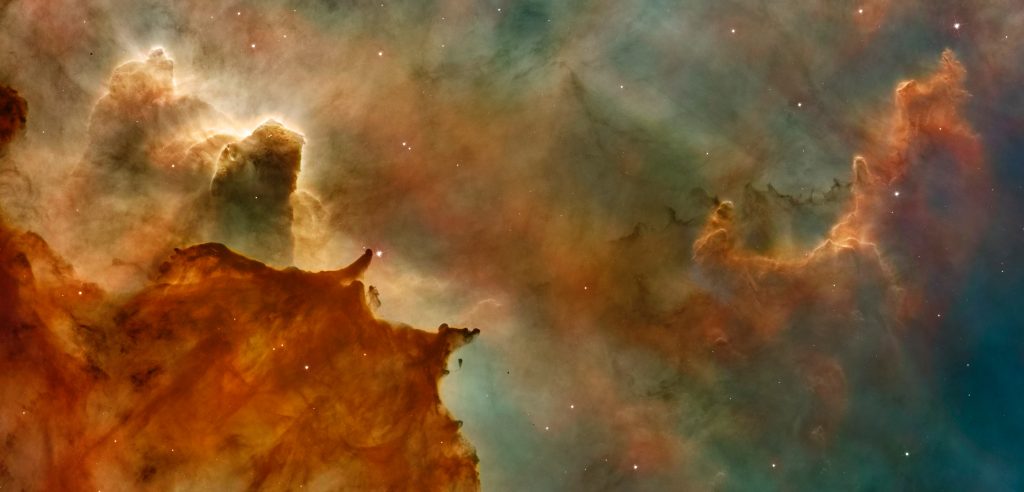
Spacetime at the Time of Coronavirus
We want it all, and we want it now. This renowned line by Queen is the perfect epitome of our era. We have no patience. Our next purchase is a click away, and we want it to be delivered overnight, whatever it takes, supersonic airplanes, drones, and whatnot. The Coronavirus has changed above all our sense of time, our deadlines, priorities. It has imposed over us all as a society — not just me or you individually, but collectively — the rhythm of its slow and silent incubation, spread, progression, and recovery.
If you are not already confined, you are likely going to be soon, within the walls of your domestic room. Our spacetime is becoming smaller than we thought it could ever be. It’s a time of emergency, but if you are not a doctor or nurse — God bless them — there isn’t much else you can do. All that is required by us is to be still and not to get sick. It’s a calm emergency. A paradox. Our tech world is back to a primordial and dissonant state.

Photo by Fusion Medical Animation on Unsplash
Life Will Never Be the Same Again
This deadly contagion reminds us how precious is to be alive. Death and birth are (but) a part of our experience on earth. Fear won’t be the same again. And so won’t be life, even in its smallest and (apparently) less significant phenomenons: meeting a friend, going out for a drink, hugging and kissing your partner, doing grocery shopping, taking a walk, buying a flight ticket. Maybe, humanity will also come to think that money and power are not as much as important as we think they are. Coronavirus doesn’t show more respect for the rich than for the poor. For once we are all equal in the face of this threat. The great news is that in the history of humanity common threats have also raised our awareness as people, solicited our solidarity, reinforced our will to cooperate. If it is true that from a bad can come a good, this good will be as I hope a more united world.
Something good is already happing, in fact. Regardless of Greta Thunberg’s preach, we all felt we had to slow down. We had to slow down at some point. We all know deep inside that this dream of infinite growth in a finite ecosystem is madness that sooner or later will end. Now something new is in fact happening. We are slowing down, smog is dropping visibly, and we are saving a lot of lives preventing people from getting sick from pollution. Could this be not the beginning of the end, but the beginning of a new beginning? One thing is for sure: After the Covid-19 the world will never be the same again.


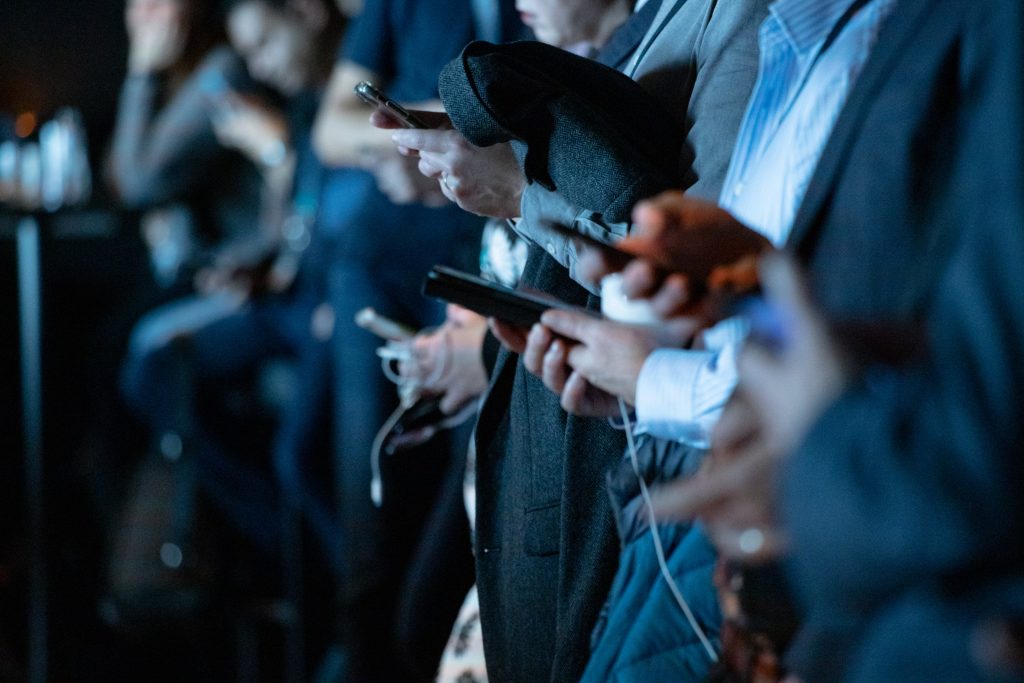


Corona has already changed a lot in our lifestyle and the way we use to enjoy life. We are left with no choice than to sit back home quarantined and wait for the virus to vanish so that we can enjoy our life again and travel the world as we did before. Thank you for sharing this data with us. Keep sharing more of such articles in future.
You are right Vivek, the whole question is how we are going to change after the quarantine for the coronavirus. Do we go back to the old way or are we going to find a new way? And if so, which one?